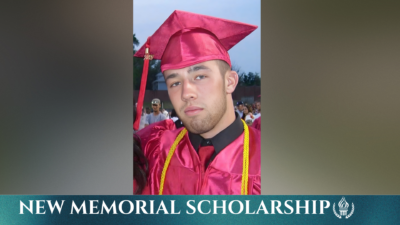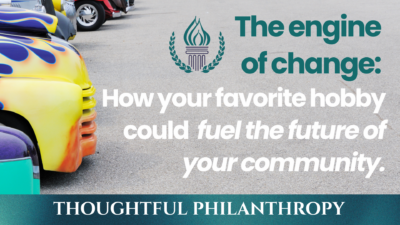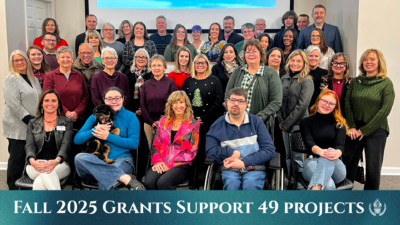
If you’ve supported a particular charitable organization for many years, and perhaps even served on its board of directors, you are likely familiar with some basic concepts of “trust-based philanthropy,” even if you didn’t know that’s what it is called.
As a devoted supporter of the nonprofit organizations you love, you know that an organization’s chances of success are greatest when the organization’s leadership and talented staff are able to deploy the organization’s resources in the ways they believe will best fulfill the mission. This, in turn, sometimes translates into the organization placing a high value on what are called “unrestricted” donations, meaning that the organization can use the dollars in whatever way it sees fit. An example of this, grossly oversimplified to illustrate the point, is when a donor writes a check to a food pantry and instructs that the money be used to purchase canned goods, but the food pantry’s leadership knows that what they really need at the moment is to fix the roof or hire a staff member to help with sorting food before the pantry will be in a position to accept more canned goods.
Unrestricted gifts are only one component of the overall trust-based philanthropy concept. The broader model is designed to increase the impact of philanthropy by encouraging collaboration, communication, and information-sharing among all stakeholders, including not only donors and the nonprofits they support, but also the community as a whole.
Trust-based philanthropy has become somewhat of an academic phenomenon, and it is not without some controversy. Still, the fundamentals make sense, such as listening to community stakeholders and lifting some of the administrative burdens on nonprofit organizations who receive funding.
Trust-based philanthropy is nothing new to the PACF. In many ways, the community foundation’s mission already embodies these principles: Deeply understanding the needs of the community, building strong relationships across all stakeholders, helping donors maximize the value and impact of their charitable giving, establishing permanent support for the community to address whatever needs may arise, connecting donors more deeply to the causes they care about through personal service and education, and leading on critical community issues.
We look forward to working with you as you get even more involved with the causes you care about.





